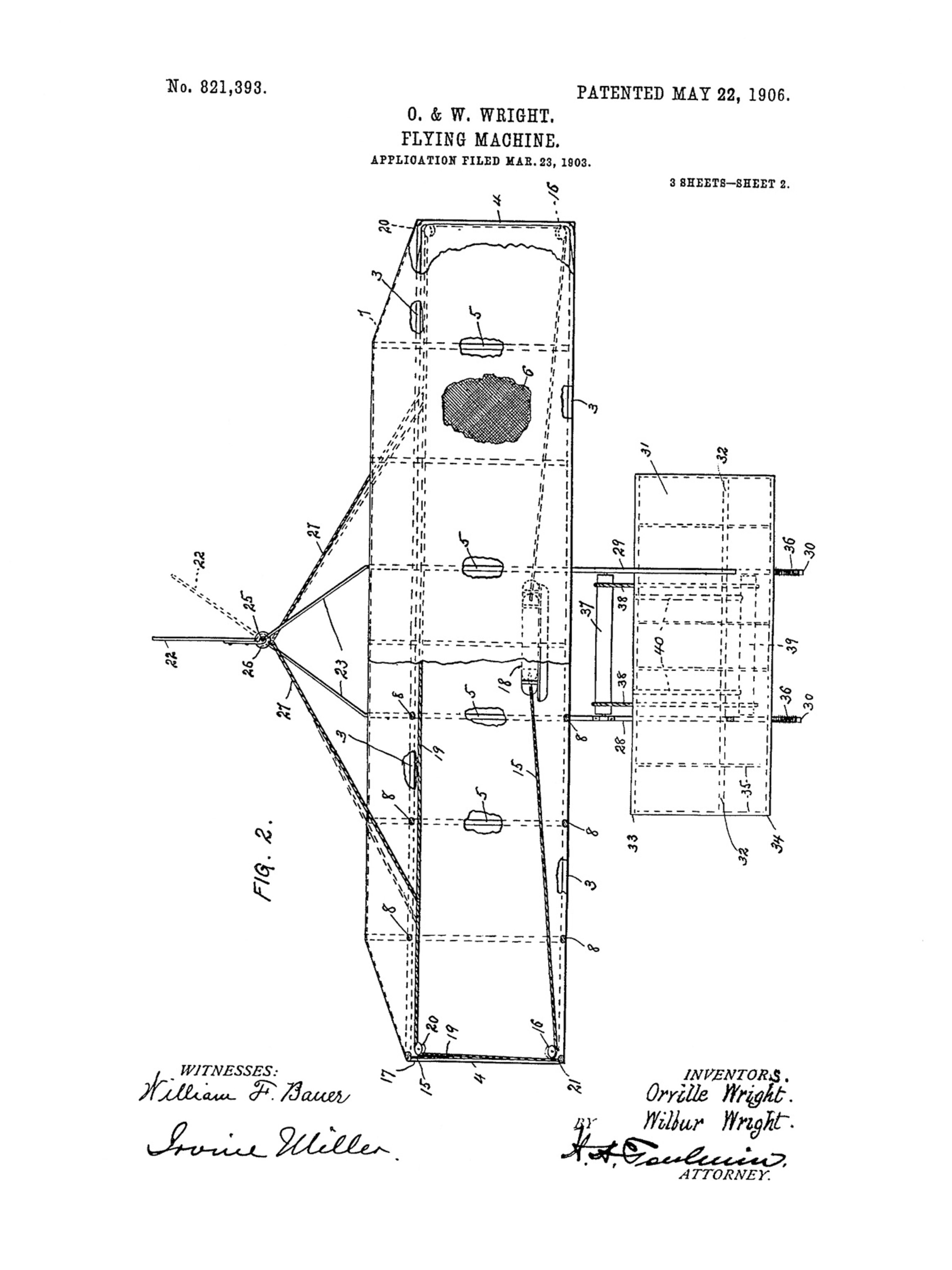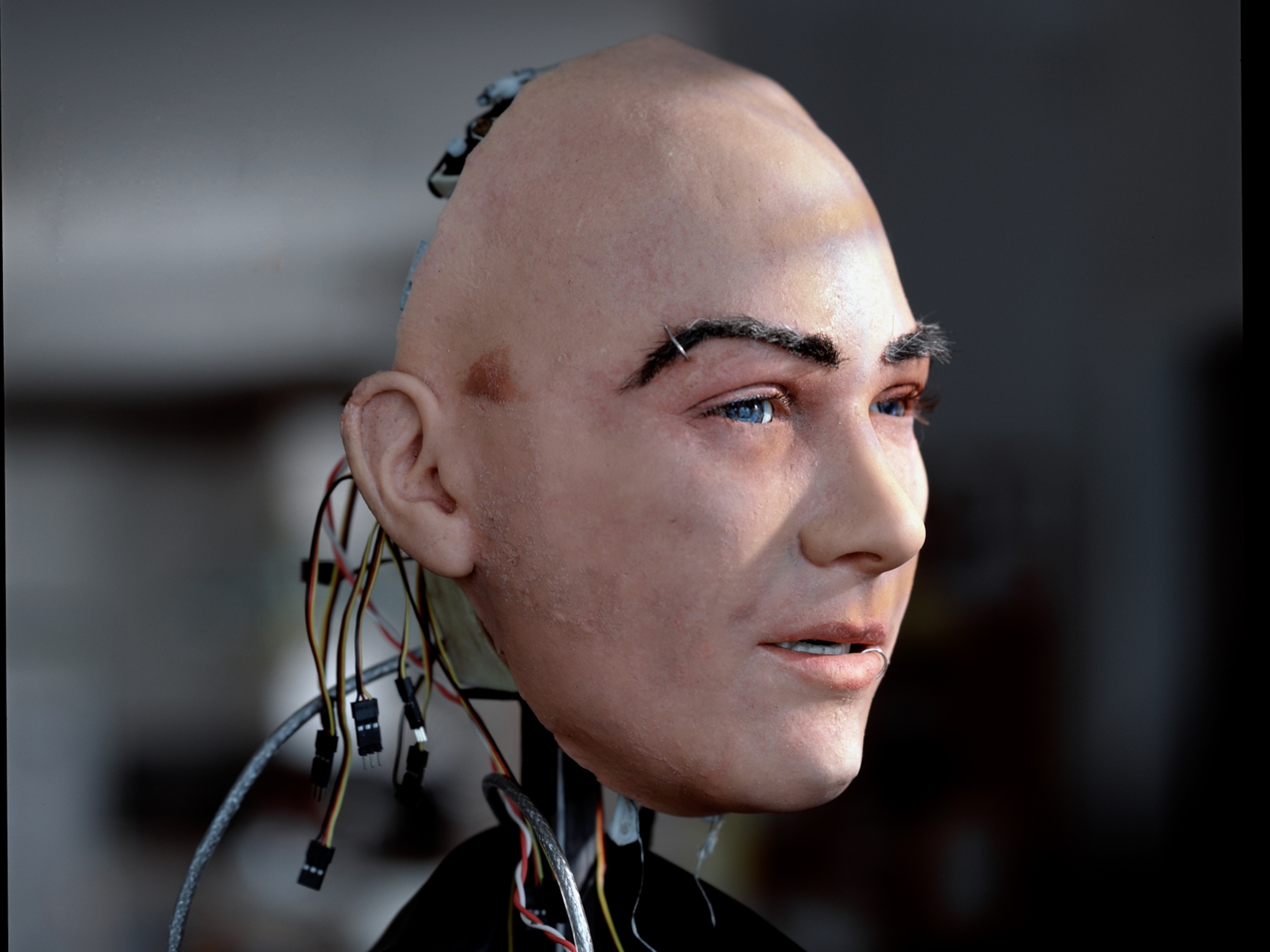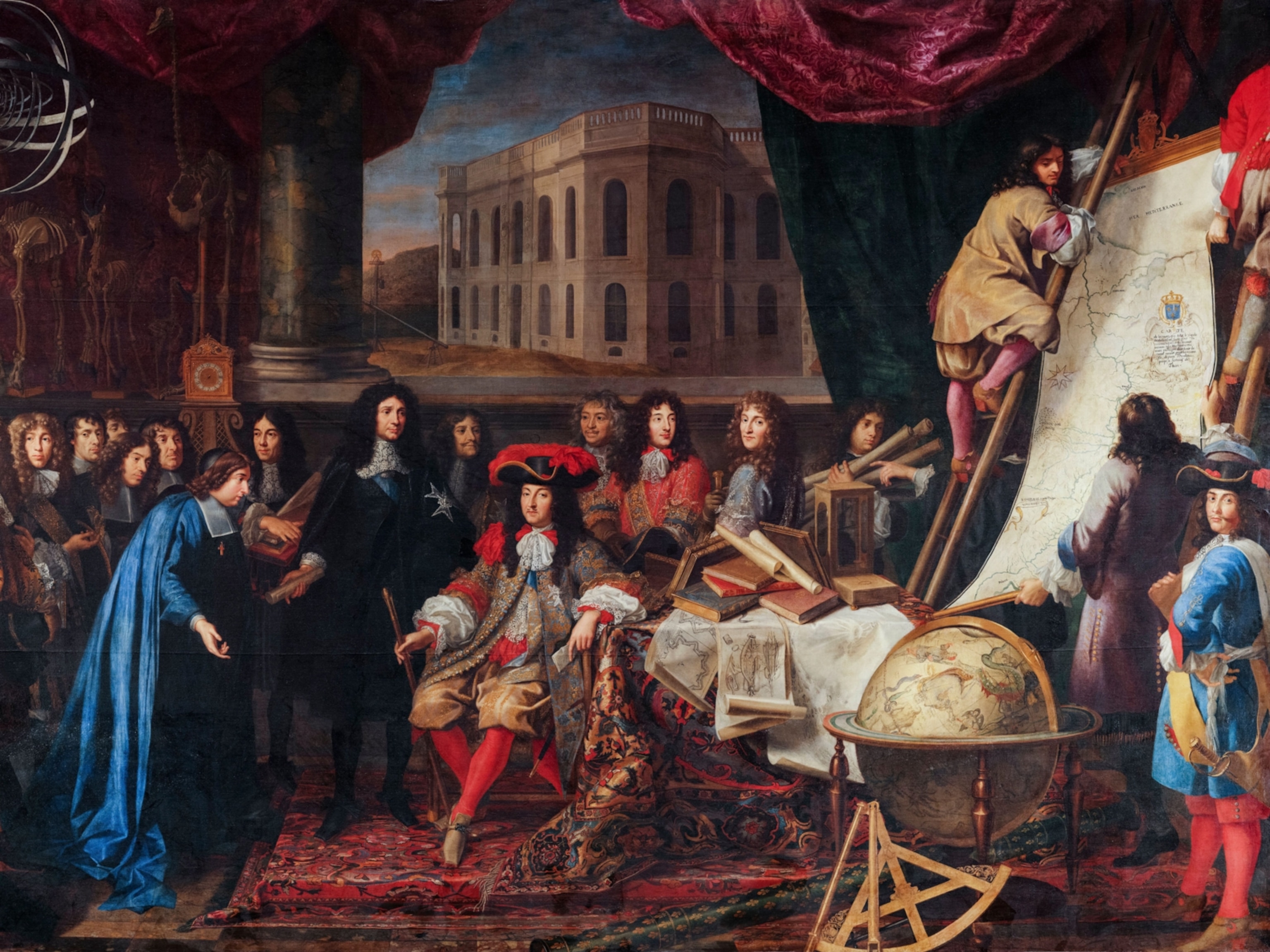




The 10 Inventions that Changed the World
The U.S. librarian of Congress ranks history's most important innovations.
Thomas Edison liked to say that he never failed. He succeeded every now and again with an invention that would change the world. The rest of the time, he tried thousands of other things with only one fault—that they would never work.
That’s the sort of spirit and tenacity that leads to progress, says Carla Hayden, the U.S. librarian of Congress. The library keeps archives of many of America’s copyrights and blueprints, so National Geographic asked Hayden to list what she considers 10 of the most meaningful advances in history—the inventions and innovations responsible for the trappings of modern life.
Ranking innovations is more art than science. Can you really compare a camera to an airplane? But while progress is incremental, it’s also exponential; it builds on itself. The printing press allowed literacy to spread and thinkers to share ideas and, thus, invent more things.
Modern inventions tend more toward improving than transforming: an app that connects the world in a better way, planes that fly farther, faster. But there’s still room, every so often, for dramatic advances like, say, 3-D printing or the Internet. “There will be more great leaps,” says Hayden. “We have a momentum and acceleration I think we can all feel.”
Top 10 innovations
- Printing press
- Light bulb
- Airplane
- Personal computer
- Vaccines
- Automobile
- Clock
- Telephone
- Refrigeration
- Camera
Related Topics
You May Also Like
Go Further
Animals
- This ‘saber-toothed’ salmon wasn’t quite what we thoughtThis ‘saber-toothed’ salmon wasn’t quite what we thought
- Why this rhino-zebra friendship makes perfect senseWhy this rhino-zebra friendship makes perfect sense
- When did bioluminescence evolve? It’s older than we thought.When did bioluminescence evolve? It’s older than we thought.
- Soy, skim … spider. Are any of these technically milk?Soy, skim … spider. Are any of these technically milk?
- This pristine piece of the Amazon shows nature’s resilienceThis pristine piece of the Amazon shows nature’s resilience
Environment
- This pristine piece of the Amazon shows nature’s resilienceThis pristine piece of the Amazon shows nature’s resilience
- Listen to 30 years of climate change transformed into haunting musicListen to 30 years of climate change transformed into haunting music
- This ancient society tried to stop El Niño—with child sacrificeThis ancient society tried to stop El Niño—with child sacrifice
- U.S. plans to clean its drinking water. What does that mean?U.S. plans to clean its drinking water. What does that mean?
History & Culture
- Meet the original members of the tortured poets departmentMeet the original members of the tortured poets department
- Séances at the White House? Why these first ladies turned to the occultSéances at the White House? Why these first ladies turned to the occult
- Gambling is everywhere now. When is that a problem?Gambling is everywhere now. When is that a problem?
- Beauty is pain—at least it was in 17th-century SpainBeauty is pain—at least it was in 17th-century Spain
- The real spies who inspired ‘The Ministry of Ungentlemanly Warfare’The real spies who inspired ‘The Ministry of Ungentlemanly Warfare’
Science
- Here's how astronomers found one of the rarest phenomenons in spaceHere's how astronomers found one of the rarest phenomenons in space
- Not an extrovert or introvert? There’s a word for that.Not an extrovert or introvert? There’s a word for that.
- NASA has a plan to clean up space junk—but is going green enough?NASA has a plan to clean up space junk—but is going green enough?
- Soy, skim … spider. Are any of these technically milk?Soy, skim … spider. Are any of these technically milk?
Travel
- What it's like to hike the Camino del Mayab in MexicoWhat it's like to hike the Camino del Mayab in Mexico
- Is this small English town Yorkshire's culinary capital?Is this small English town Yorkshire's culinary capital?
- This chef is taking Indian cuisine in a bold new directionThis chef is taking Indian cuisine in a bold new direction




